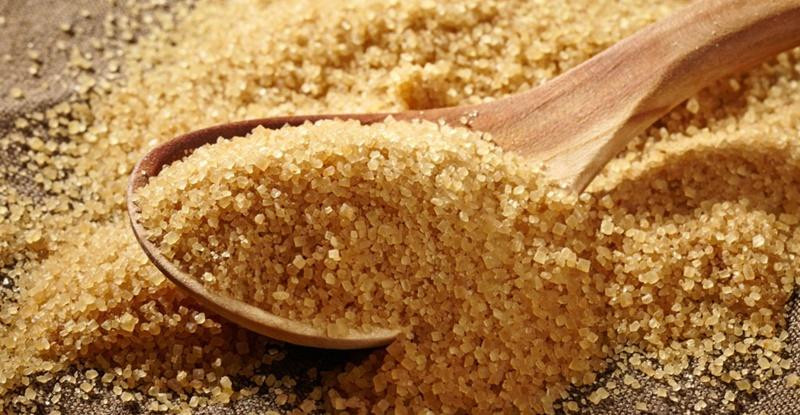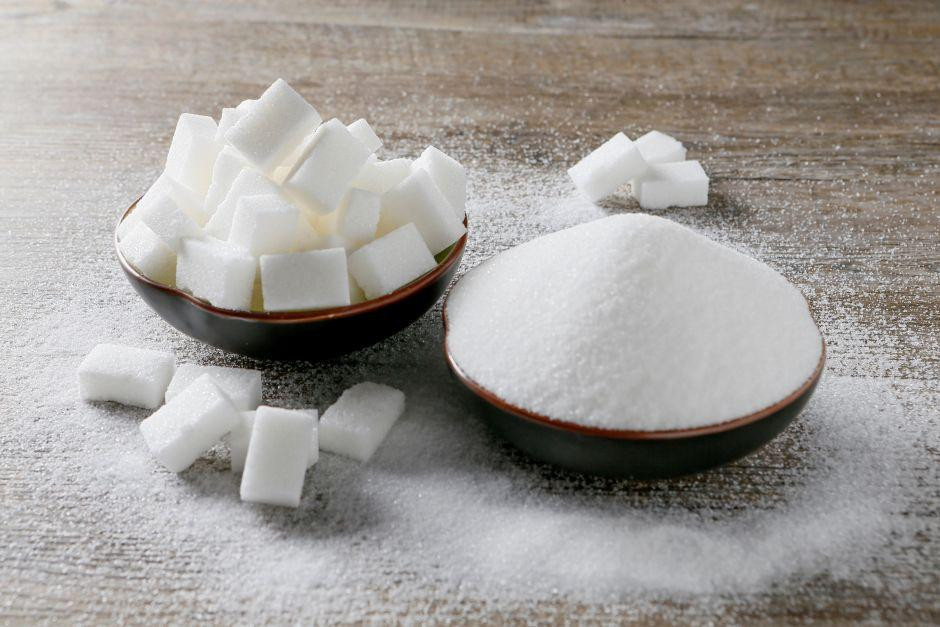Is brown sugar really better than white sugar?
Sugar is a familiar spice in the preparation of daily foods. Many housewives wonder which of the two most popular types of sugar today, brown sugar and white sugar, to choose.
Natural sugars are found in many foods.food, including fruits, vegetables, milk, grains, and nuts. This natural sugar can be extracted to produce refined sugar, which is now widely used in food processing.
Commonly usedsugarcaneSugarcane is most commonly used to get sugar, however in some countries, people also use sugar beets or palm sugar to get sugar.
On the market today, there are many types of sugar with different colors. Many people think that white sugar is better than brown or red sugar because it has removed impurities that are not beneficial to the body. However, there is also the opinion that brown sugar is better for the body because it retains many natural substances.
 |
Brown sugar. Illustration photo |
For more information about sugar, Associate Professor Dr. Nguyen Duy Thinh - former lecturer at the Institute of Biotechnology and Food (Hanoi University of Science and Technology), said that there are two ways to make sugar.
White sugar (table sugar) must go through a very high refining process so all the vitamins, minerals... in sugarcane are removed, leaving only sucrose. Accordingly, 99.8% of white sugar is sucrose.
Brown and red sugars are usually refined manually. Therefore, brown and red sugars still retain some of the original vitamins and minerals found in sugarcane. However, very few minerals or vitamins remain after the brown sugar refining process. Brown sugar contains about 85-90% sucrose and about 10% other substances.
The most notable difference between white sugar and brown sugar is that brown sugar has slightly higher levels of calcium, iron, and potassium. However, the amount of these minerals in brown sugar is negligible. Brown sugar also has slightly fewer calories than white sugar, but the difference is very small.
Associate Professor Dr. Thinh said: "In terms of nutrition, white sugar, brown sugar, red sugar, molasses (products from sugarcane)... are all sucrose. Therefore, no matter what color sugar is, its essence is the same and does not change."
 |
White sugar. Illustration photo |
For molasses, the manual refining process results in a lower sucrose content than sugar (white, brown). Therefore, eating molasses is better than eating refined sugar because there are still some vitamins and minerals in the sugarcane.
There are many different types of molasses. People should note that the molasses that seeps out during the sugar refining process (also known as molasses) will be discarded and should not be eaten because it can be toxic.
Associate Professor Dr. Nguyen Duy Thinh informed that currently, scientists strongly recommend against eating too much sucrose. When eaten, white sugar and brown sugar are converted into simple sugars through the same process. Although white sugar and brown sugar are both products made from natural ingredients, eating too much is not good for your health.
This Associate Professor, PhD analyzed that in the past, sugar was scarce, but nowadays, many foods, especially processed foods, contain a lot of sugar. Sugar helps make food more attractive by its color and flavor, and also protects and preserves food for longer.
Foods high in sugar such as: sugar, honey, candy, soft drinks, sweet fruit juices, liquid milk, powdered milk with lots of sugar, instant coffee with sugar...
Eating too much sugar is the cause of overweight, obesity, metabolic disorders, cardiovascular diseases... Overweight and obese people should limit sugar intake. People with normal health should also limit sugar, candy, and should drink fresh fruit juices with little or no sugar, and unsweetened milk.
Dr. Nguyen Trong Hung - Head of the Department of Examination and Nutrition Consultation for Adults (National Institute of Nutrition), also said that current recommendations state that a normal woman should not consume more than 25g of sugar per day through food and drink. As for men, no more than 38g of sugar per day.
One issue doctors warn about is that children who eat a lot of products containing high sugar content (candy, milk tea, soft drinks, etc.) will increase the risk of being overweight and obese, especially for children who are lazy to exercise, which can speed up the puberty process.
Additionally, eating too much sugar increases the risk of type 2 diabetes, heart disease, and oral health. Fructose is metabolized in the liver, and studies have shown that eating too much sugar increases the risk of fatty liver disease.
To control the amount of sugar consumed, experts say people should limit their intake of sweets, especially choosing diet sugars, which are sweet but low in energy, limiting the amount of sugar consumed.

